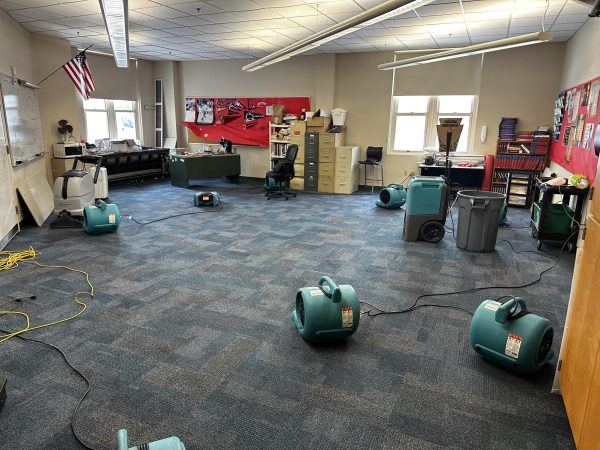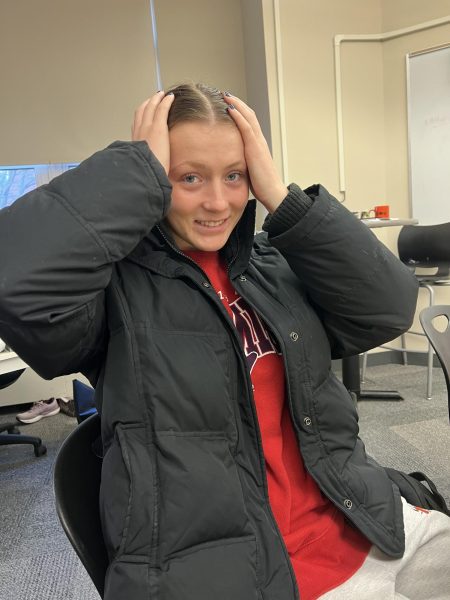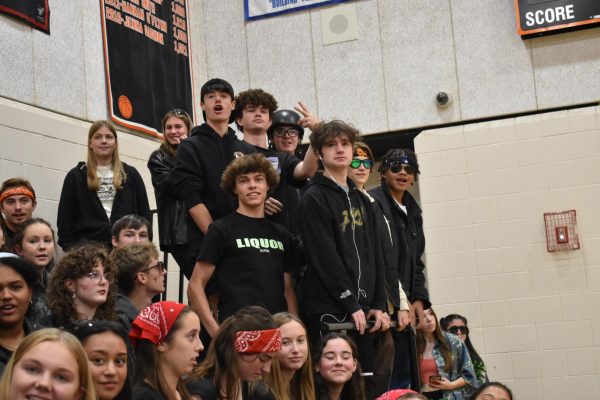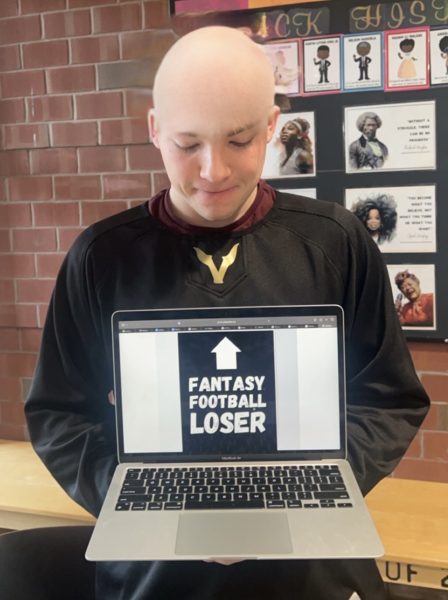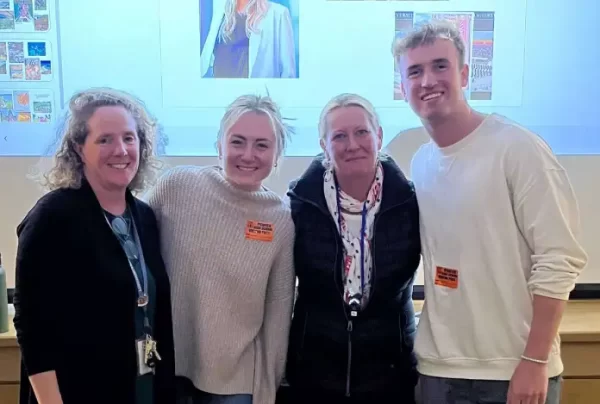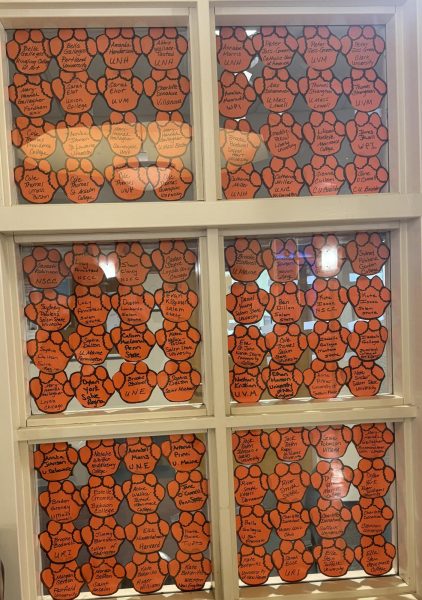Safe Spaces in Colleges
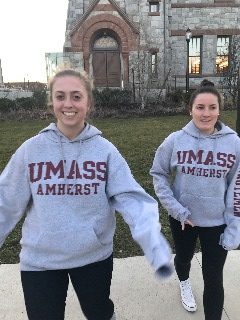
April 14, 2017
In Massachusetts alone, many colleges and universities have safe spaces and safe space training programs. Some of the schools in MA that have safe spaces are Suffolk, UMASS Boston, Wheaton, and Amherst College. A safe space is defined as “a place or environment in which a person or category of people can feel confident that they will not be exposed to discrimination, criticism, harassment, or any other emotional or physical harm.” (Dictionary.com). While this sounds like a reasonable and simple request to have on a school campus, it is not that simple. Safe spaces in elementary schools, middle schools and sometimes even high schools seem almost necessary. Young children are easily malleable and should have their innocence protected for as long as possible. However, as kids grow up into young adults, they should learn how the real world works and the best way to thrive inside of a real world setting.
By the time high school is over, individuals have two choices. They can go onto further schooling, or go into the workforce. 66% of high school graduates choose to go on to college. In college, you are on your own and you are starting to make connections that will help you succeed in the real world. That being said, safe spaces are still present on some college campuses. Individuals can go to a safe space and do not have to be worried about becoming triggered. Individuals between the ages of 18-22 can be sheltered from what is going on in the real world so that they feel emotionally safe. Individuals who are supposed to be grown adults can be in a place where their opinions will not be questioned or opposed. Colleges are preparing these students as if bosses, colleagues, and anyone they will meet on the street will treat them with this same “safe space mentality”. Except, that is not true.
In the year of the most intense election that recent history has ever seen, kids have never been more vulnerable to “trigger words”, and words that hurt people’s feelings. Trigger words are any speech that involves sexual violence, racism, sexism, or any views different than their own that seem to “trigger” students or make them feel uncomfortable. As a result, safe zones have been created in college campuses around the country to ensure that they are protected from those with different viewpoints. Although the overwhelming population of students and teachers might agree with these safe zones, others may not. Zoe Doran, a senior at Ipswich High School, said that safe zones are a “good idea” for kids who need to feel comfortable. Some may argue that safe zones are not setting students up for the real world and are sheltering kids from different viewpoints. When interviewed, Mrs. Smith said, “In some cases, it is a good idea for kids to have somewhere to go when dealing with bullying”, but also argued that, “It can go a little bit too far where kids can’t handle anything… you have to gauge how far it can go.”
Overall, individuals should feel safe wherever they decide to go to school. Everyone should feel physically safe and should not experience things such as racism or threats against them. On the other hand, as you grow up you should not expect the world around you to keep you emotionally safe. Having safe spaces on college campus do not prepare students for the real world. Individuals should have safe spaces inside of their own rooms if they feel necessary.

